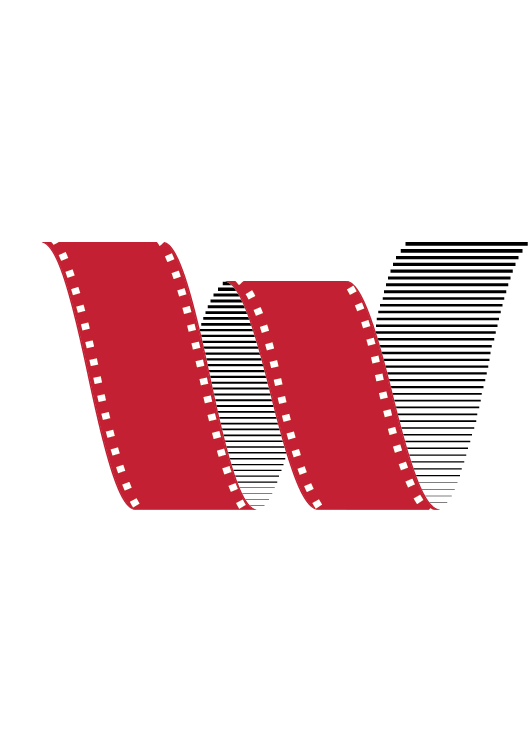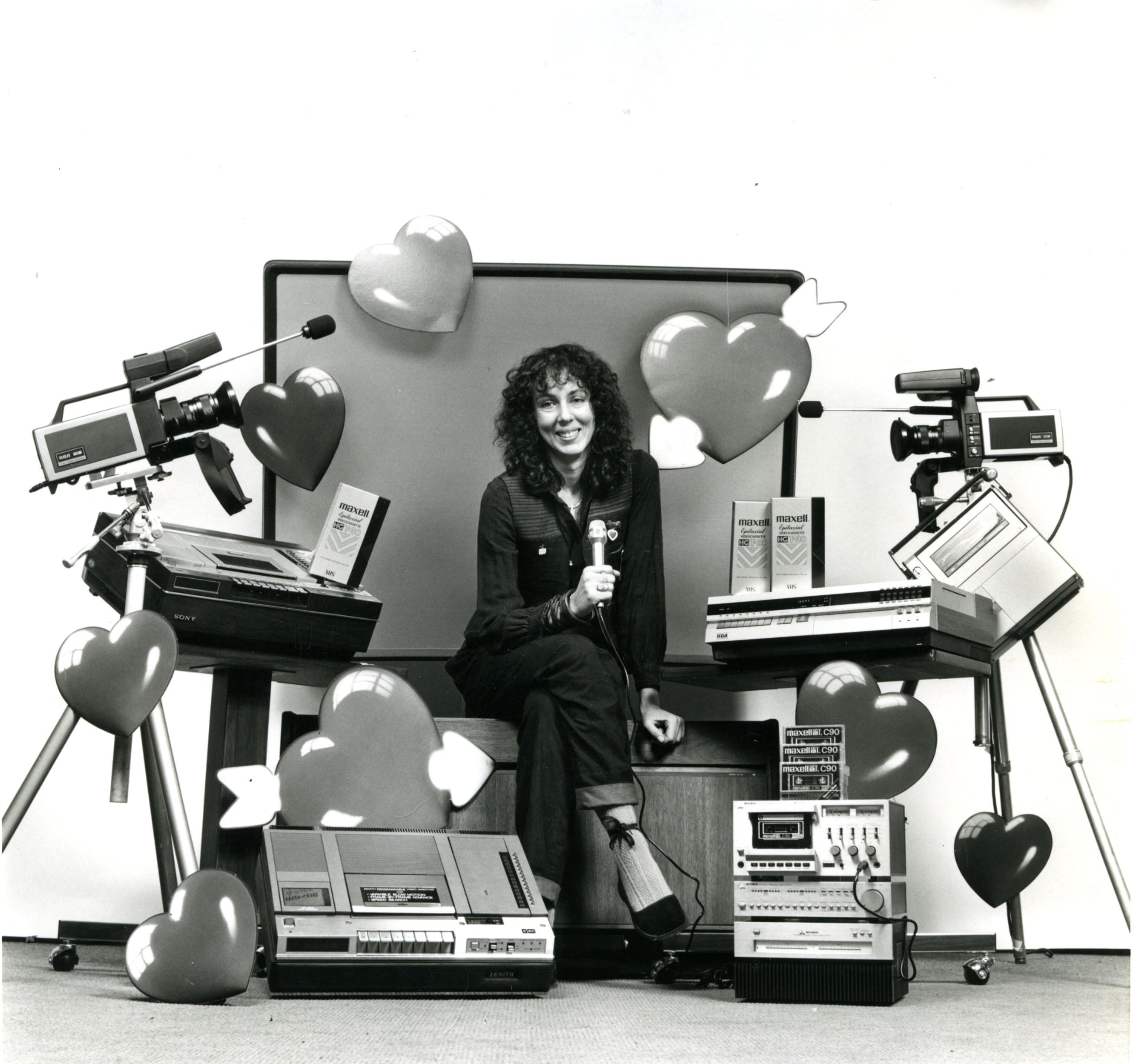
Ben Pettis
To put things lightly, the last week has been a tumultuous one for the Wisconsin Center for Film and Theater Research (WCFTR) as well as similar institutions across the country. On Thursday, April 3, we received an email notifying us that various grants that we had been awarded from the National Endowment for the Humanities (NEH) “no longer effectuates the agency’s needs and priorities and conditions” and that furthermore these projects’ “immediate termination is necessary to safeguard the interests of the federal government, including its fiscal priorities.” According to data compiled by the Association for Computer and the Humanities, over $363 million worth of grants that were previously awarded and disbursed for over 1,000 projects have been terminated. Furthermore, a majority of the NEH’s staff have been placed on administrative leave, facing uncertain futures themselves.
Despite all of this recent turmoil and uncertainty, we are all incredibly glad to have spent the past week alongside and among our various communities. We are incredibly proud of the work that we do, and are excited to be able to share many deliverables from a recent project that we have been working on. We firmly believe in memory institutions of all kinds and recognize the value of museums, libraries, archives, and more for preserving and sharing stories from and about our communities.

This week has marked an important milestone in one of our major projects: Love, Links, Archives: Saving and Sharing the Wendy Clarke Tape Collection. The project’s goal was to catalog and digitize nearly 1,000 video tapes from the Wendy Clarke collection. We are proud to share our new website publicly so that many people can experience and explore the influential filmmaker’s work. Wendy Clarke’s projects such as the Love Tapes, New York Tapes, and Growing Up Gay: The Out Tapes continue to be influential with their elevation of individual voices. Through her process, Clarke invited participation that gave individuals agency and never reduced them to stereotypes. The videos that Clarke recorded around the world represent a powerful archive of individual voices from marginalized communities.
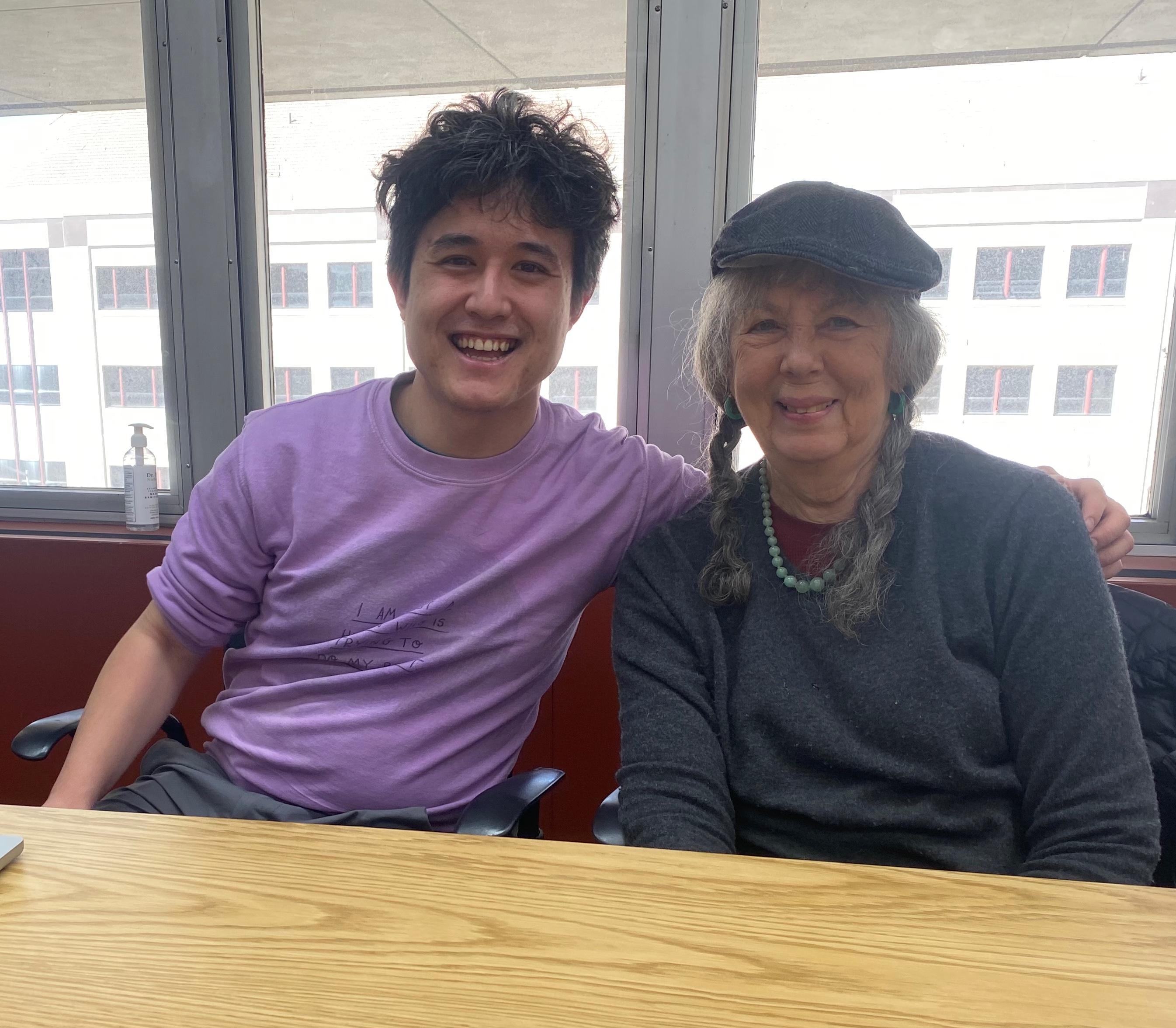
Supported by a $298,292 Collections and Reference Resources Implementation grant from the NEH, the WCFTR worked to catalog and digitize nearly 1,000 video tapes from Wendy Clarke’s expansive collection. With additional support from the Department of Communication Arts, the AV Data Core, and DoIT Research Cyberinfrastructure, the majority of these videos are available online for immediate public viewing. The WCFTR team developed a website to share the collection (https://wendyclarke.wcftr.commarts.wisc.edu). The website lets users browse individual series to locate videos, as well as search within the contents of each video by querying specific words and phrases in video transcriptions. To provide additional entry points to Wendy Clarke’s incredible and expansive collection, our team has curated playlists of similarly themed videos as well as written exhibits to highlight specific facets of the collection.
Visit the Love, Links, Archives Website
At the recent Society for Cinema and Media Studies (SCMS) conference in Chicago, Illinois, the WCFTR organized a panel, “Activating the Archives of Shirley Clarke and Wendy Clarke.” The panel was well-attended and we greatly enjoyed the opportunity to share some of our “behind-the-scenes” preservation work as well as hear from scholars about how the Center’s collections have supported their work.
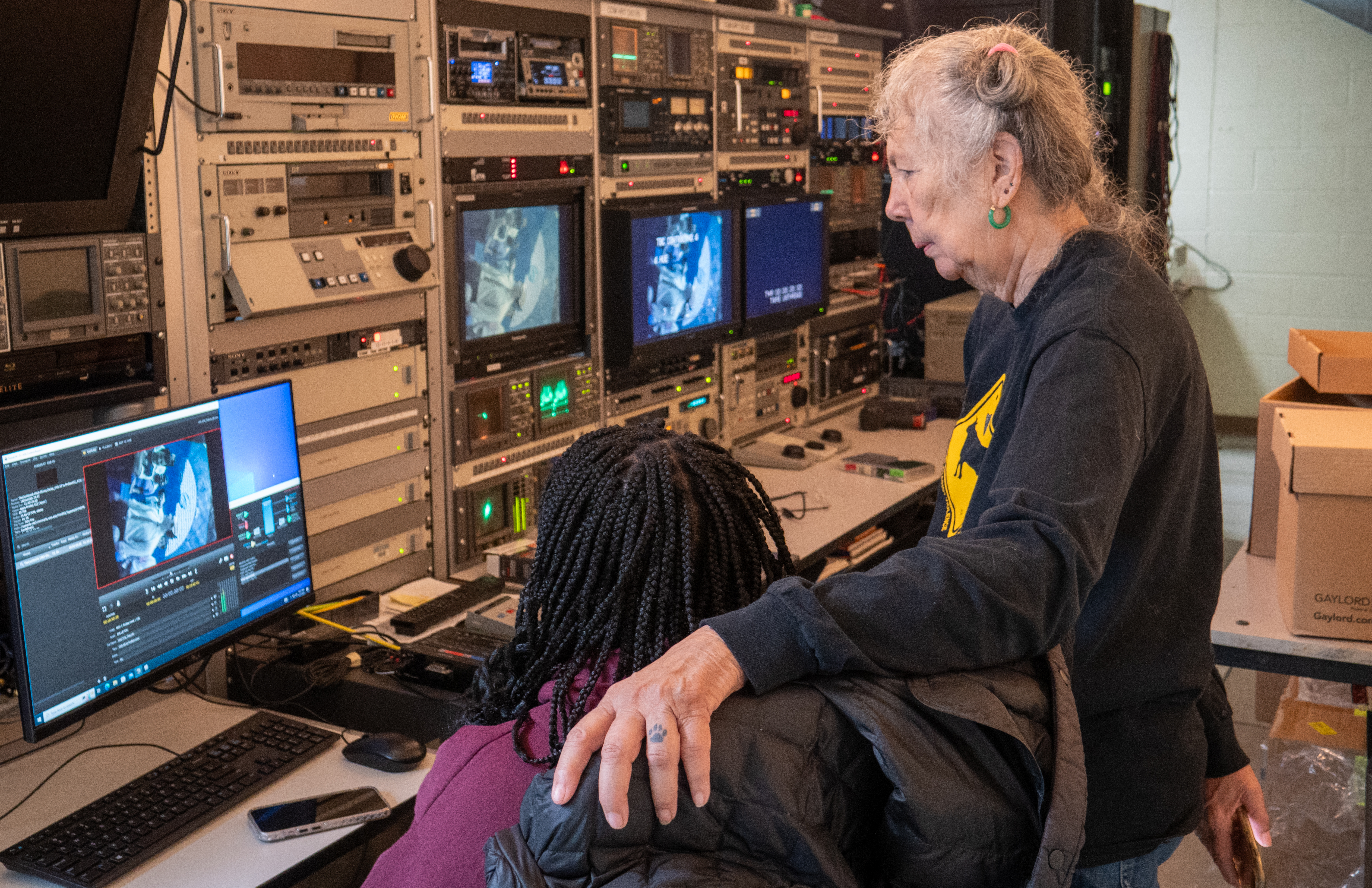
First, the WCFTR’s Amanda Smith and Mary Huelsbeck shared the story of how Wendy Clarke’s collection came to Madison, including the center’s long relationship that it had established with Shirley Clark. Many members of the audience talked about how they greatly appreciated getting to hear directly from archivists about the careful and technical—but sometimes messy—work of preserving video tape. Importantly, Shirley Clarke’s collection contains mostly film formats, which can be stable and have long lifespans when preserved properly. However, the majority of Wendy Clarke’s collection was on magnetic video tape formats (e.g. VHS, U-Matic, Betamax, and MiniDV). These are a much higher preservation priority, because magnetic media degrades as it ages and the equipment to play the myriad of videotape formats in the collection are no longer being made—preservation of magnetic media is a race against time.
Next, the panel had two amazing research presentations which demonstrate the rich stories that can be uncovered through archival research. Juan Carlos Kase (Unviersity of North Carolina Wilmington) shared “Shirley Clarke and Ornette Coleman: What Could Have Been,” a fascinating history about Shirley Clarke’s early collaborations with jazz musician Ornette Coleman during the 1960s—decades before the documentary Ornette: Made in America (1985) would be released. This was followed by Michael Renov (University of Southern California) presenting “Facilitation Art: The Ethics of Wendy Clarke’s Video Collection.” Based on his own collaborations with Wendy Clarke along with materials from her collection at the WCFTR, Renov described how Wendy Clarke’s work offers an innovative reimagining of the rhetorical construction of documentary film; he described Clarke’s role as facilitator like this: “I make it possible for you to speak about you, to you (and maybe then to use).”
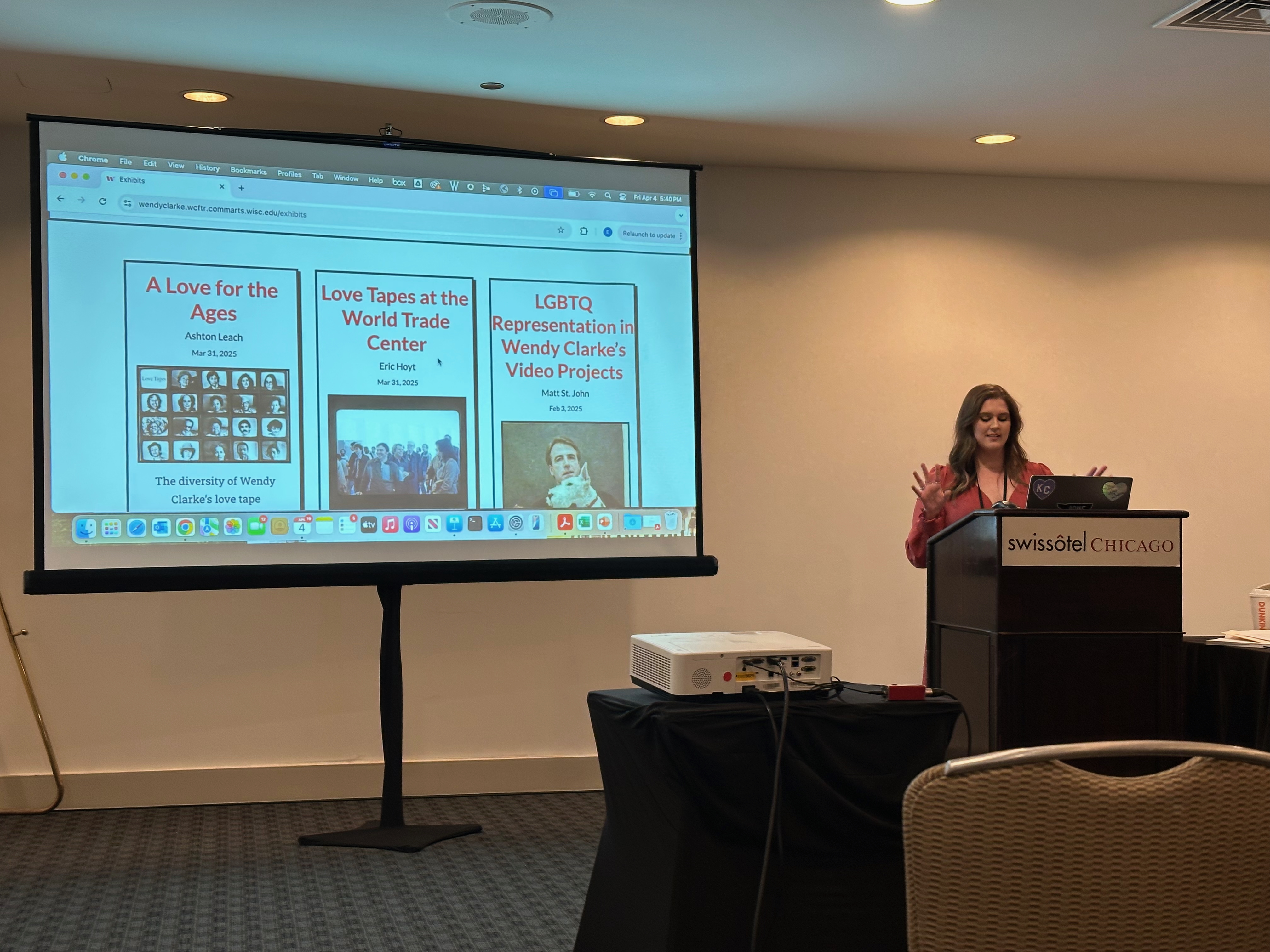
Finally, Eric Hoyt and Ashton Leach then shared the Love, Links, Archives website and demonstrated some of its features. We wanted the website to share the full breadth and depth of Wendy Clarke’s work, so developed features which let users browse individual series to locate videos, as well as search within the contents of each video by querying specific words and phrases in video transcriptions. To provide additional entry points to Wendy Clarke’s incredible and expansive collection, our team has curated playlists of similarly themed videos as well as written exhibits to highlight specific facets of the collection. We will be adding additional exhibits and playlists over the upcoming weeks.
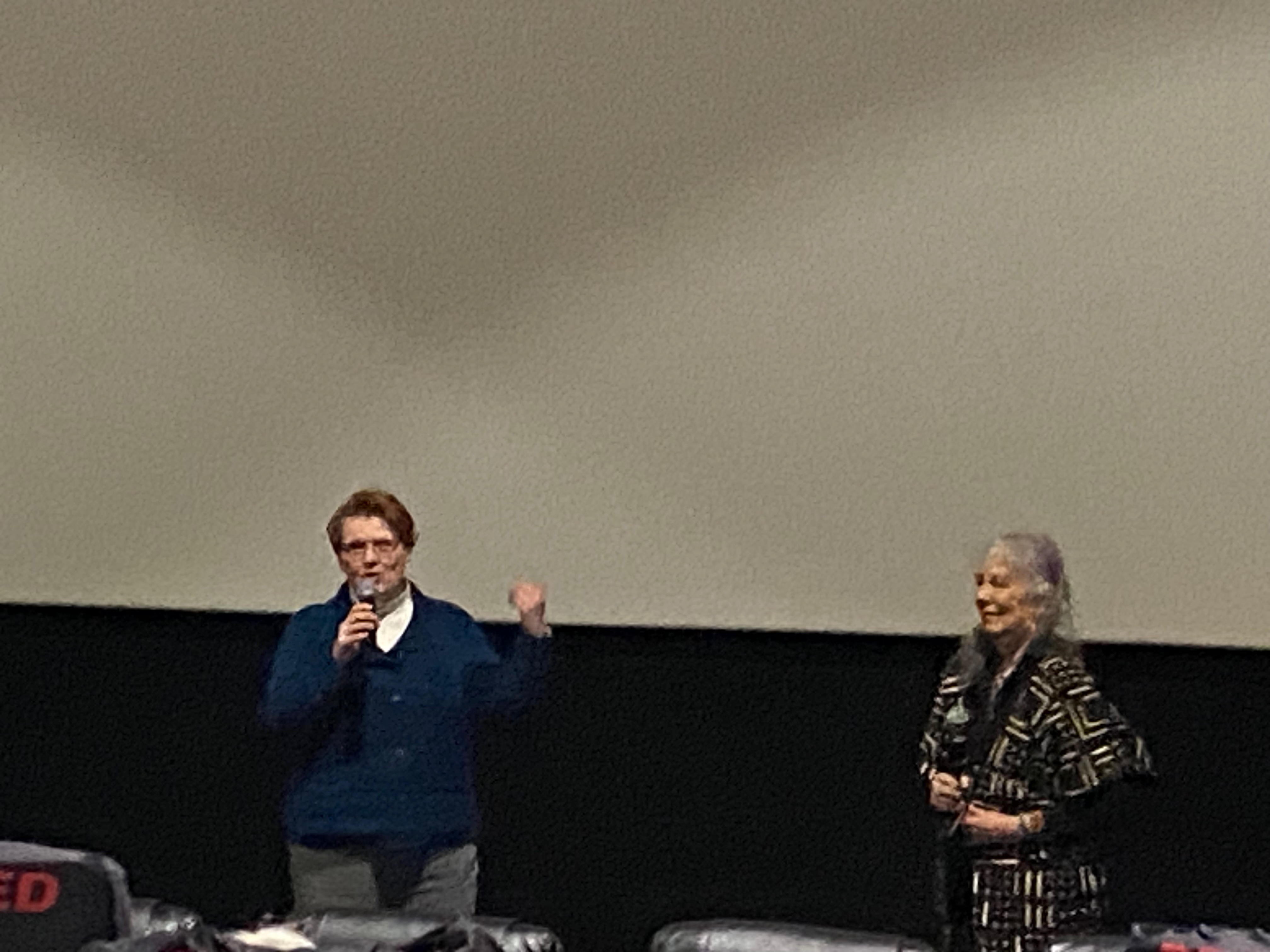
At virtually the same time as the SCMS conference, the Wisconsin Film Festival (WFF) was getting underway in Madison, Wisconsin. On Wednesday April 9th, the WFF screened a selection of Love Tapes and other examples of Wendy’s work to an enthusiastic crowd. We were thrilled that Wendy Clarke was able to visit Madison for this screening, as well as to continue working with us and her collection at the Center. The screening was a poignant reminder for everyone about a central tenet of Wendy’s work: the potential for video to bring people together by letting them act simultaneously as creator and audience.
It is in this vein that we are excited about Wendy Clarke’s ongoing work. At the Berwick Media Arts Festival (UK) in March 2025, Wendy Clarke in collaboration with Kim Coleman launched The Endless Love Tapes. The project aims to achieve what Clarke has always wanted — for everyone in the world to be able to make a Love Tape. This project is designed to give independent groups the information needed to make and archive Love Tapes made by their own communities, without the artist’s direct hand, making the project accessible to those who want to add their experience to the collection. You can read more about the project, including how to facilitate your own session for recording Love Tapes in the Endless Love Tapes Manual. We’re proud to continue working with Wendy Clarke, and will be able to include videos recorded as part of the Endless Love Tapes project in Wendy’s collection at the WCFTR.
“If you could have every person on the planet make a love tape, then you’d really know what it’s like to be human”
— Wendy Clarke
Throughout the Love Tapes, Wendy invited participants into a small booth where they talked for three minutes about what love meant to them. The people who shared their views and experiences represent a wide expanse human experience; African Americans, Asian Americans, Puerto Ricans, and people of many other races and ethnicities all recorded love tapes. Members of New York City’s gay, lesbian, and transgender communities are also well-represented in Clarke’s work. The Love Tapes and much of Clarke’s work represents a model of participatory media culture that preceded the Web and the proliferation of social media; she offers a challenge to traditional cinematic canons and the narrow subset of voices which have traditionally been privileged. The WCFTR is pleased to be able to share the collection–now digitized, searchable, and richly described–with new audiences, allowing the voices within it to speak to us again.
Eric Hoyt concluded the SCMS panel by recording his own Love Tape and discussing what the National Endowment for the Humanities (NEH) means to him. In the spirit of Wendy’s work, we’d like for this to be shared widely and seen by as many people as possible!
